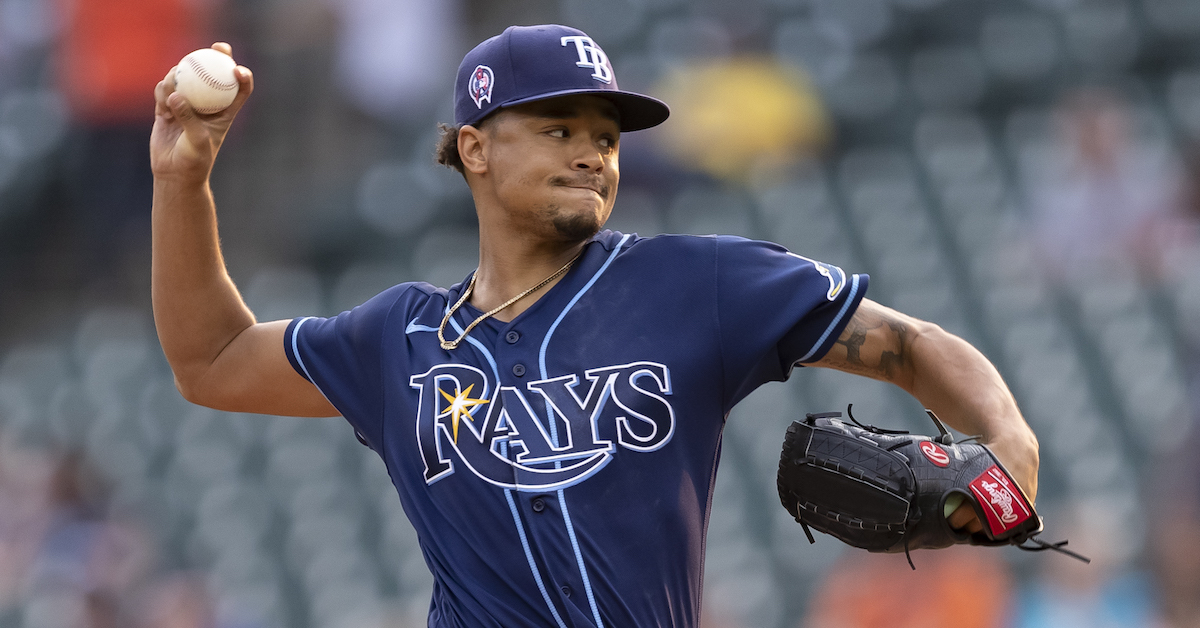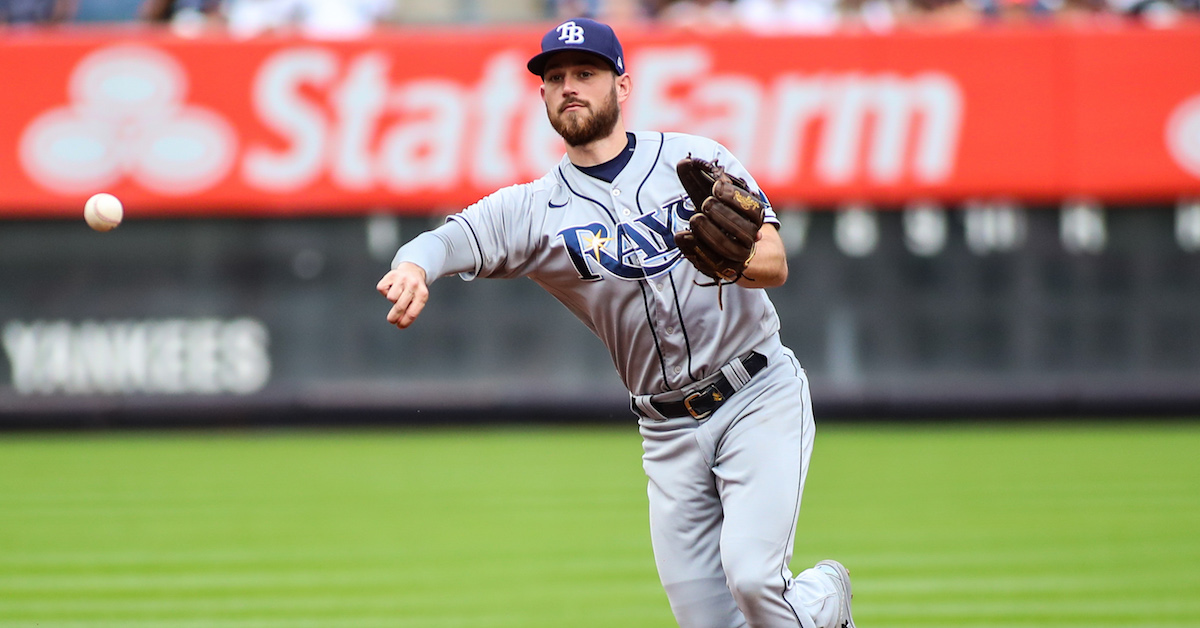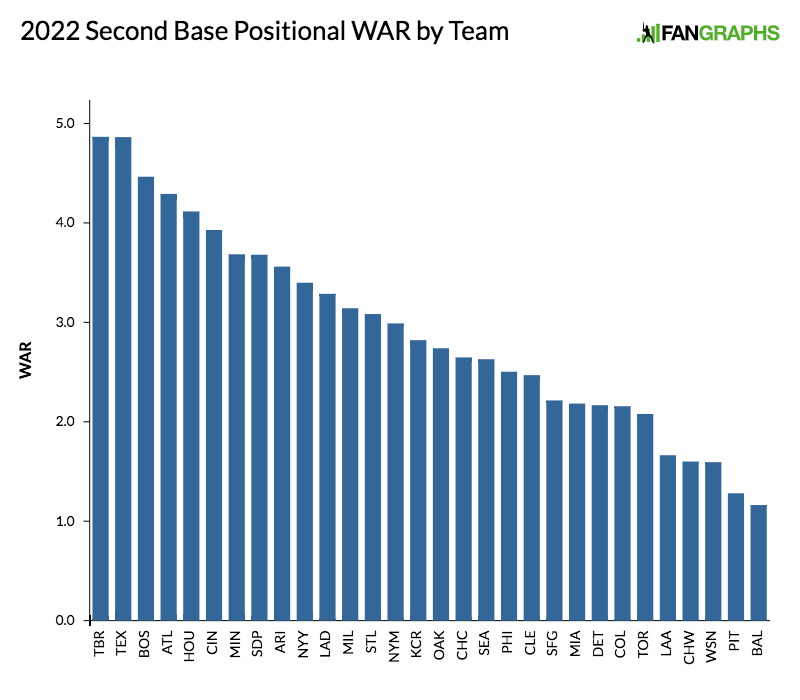Rays Go Full Rays, Trade Austin Meadows to Tigers for Future Considerations
In a normal baseball offseason, all the trades would have already happened. Front offices have all season to call each other up with a million permutations of deals, and the deals they make spawn other deals, and player injuries spawn other deals, and free-agent signings lead to surpluses or needs, and… well, you get the idea. Trading flurries happen in December, and during spring training, and teams work out their rosters that way.
With a compressed offseason thanks to the lockout, the timeline has gotten all mixed up. Now, trades are happening three days before opening day. It’s madness! And speaking of:
Tigers Get
Rays Get
- Isaac Paredes
- Competitive Balance Round B Pick
This trade was announced last night, and I’m writing about it this morning, and so rather than write a block of text about one side’s return and then a block of text about the other, I’m going to try a slightly different framing tool: I’ll walk you through a few levels of how I’ve thought about this deal. It’s an interesting one, no doubt, as trades involving the Rays so often are. Let’s get started!
Read the rest of this entry »










